Books by Admin 4
1,121 Books found
One Hundred Incredible Virtues of Ali bin Abi Taleb and His Sons
Authors: Abi Al-Hassan Mohammad bin Ahmad bin Ali bin Hassan Al-Qommi (Ibn Shazan)
In Imamah and Wilayat (Divine Leadership), Biographies of 14 Infallible
By Admin 4
One Hundred Incredible Virtues of Ali bin Abi Taleb and His Sons outlines the exceptional qualities, moral virtues, and leadership traits of Imam Ali (a.s.) and his sons, including Imam Hasan (a.s.) and Imam Husayn (a.s.). This book draws from both Sunni and Shia sources to highlight the revered status of Imam Ali (a.s.) and his descendants.

The Glad Tidings of Mustafa for the Shia of Murtaz’a
Authors: Shaykh ‘Emadul Deen, Abu Jaafar Mohammad bin Abi Qasem Al-Tabari
In Imamah and Wilayat (Divine Leadership), Biographies of 14 Infallible
By Admin 4
The Glad Tidings of Mustafa for the Shia of Murtaz’a discusses the prophetic traditions that offer promises and glad tidings to the followers of the Prophet Muhammad (s.a.w.w.) and his cousin and son-in-law, Imam Ali (a.s.), emphasizing the importance of their allegiance.
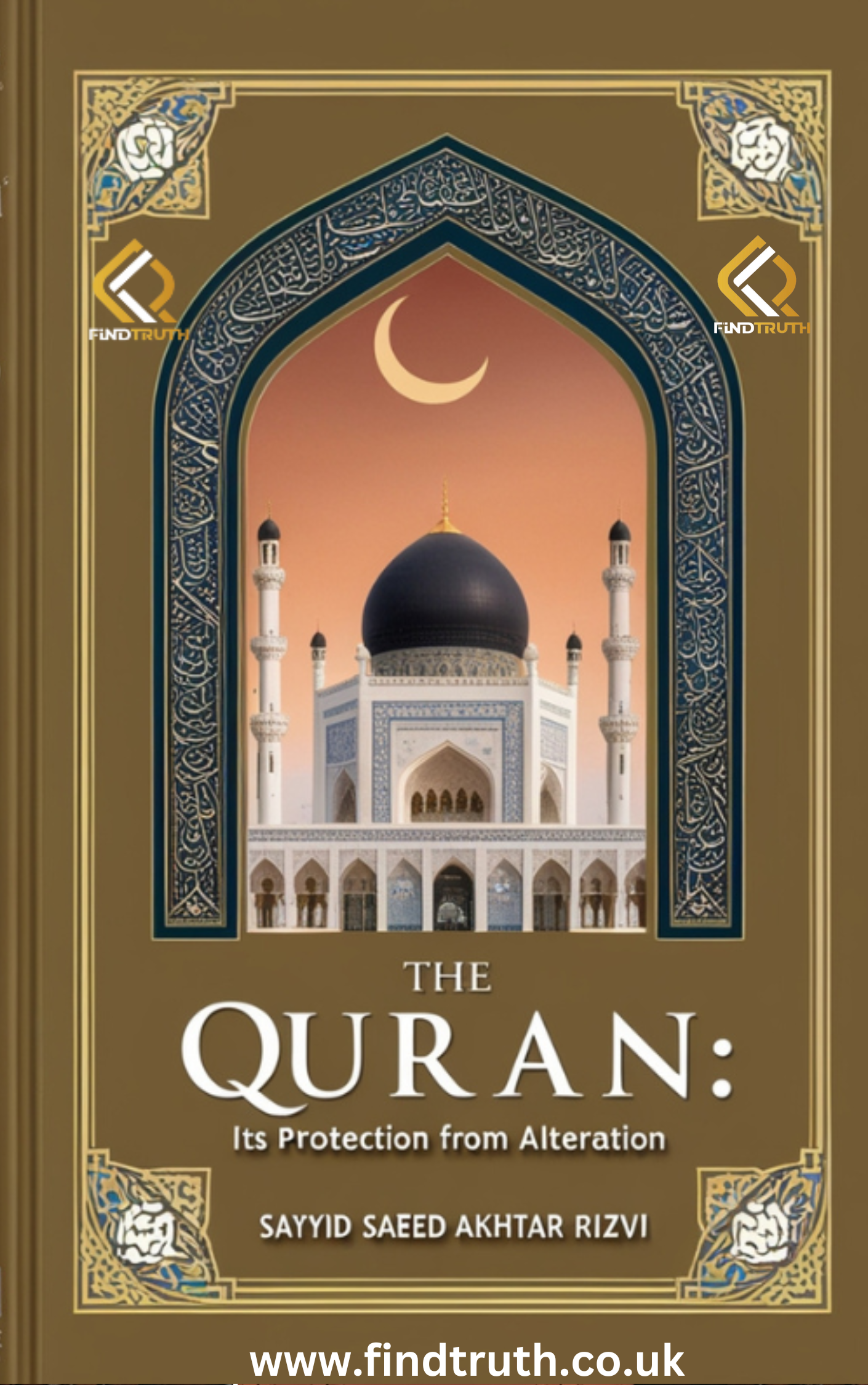
The Quran: Its Protection from Alteration
Authors: Sayyid Saeed Akhtar Rizvi
In Quran and its Sciences, Quranic Sciences
By Admin 4
The Quran: Its Protection from Alteration delves into the belief that the Quran has been divinely preserved and safeguarded from any form of alteration or corruption since its revelation. It presents arguments from Islamic sources, both historical and theological, affirming the incorruptibility of the Quran.
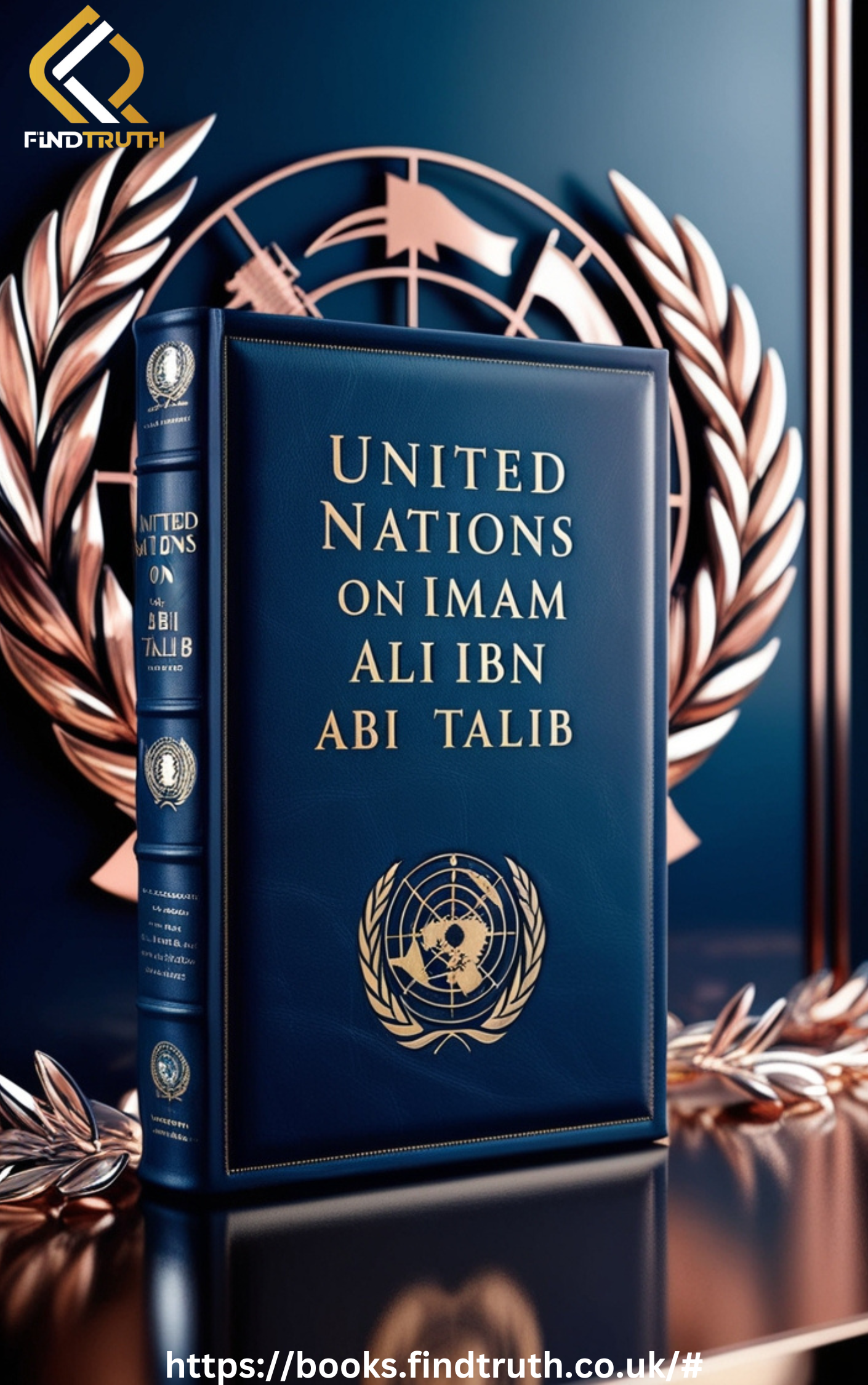
United Nations on Imam Ali Ibn Abi Talib
Authors: Self-Published
In Biographies of 14 Infallible, Human Rights, Politics and Society
By Admin 4
United Nations on Imam Ali Ibn Abi Talib highlights the recognition of Imam Ali (a.s.) by the United Nations for his leadership principles, justice, and emphasis on human rights. It draws attention to Imam Ali’s governance model and its modern-day relevance.
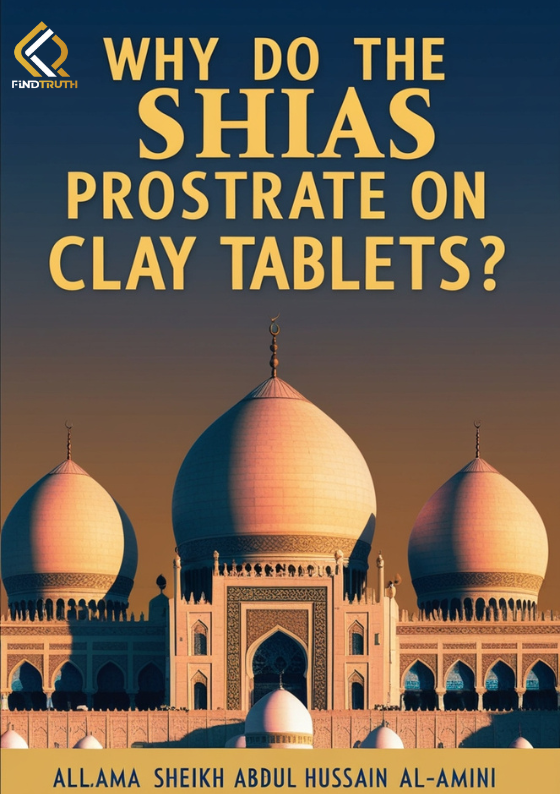
Why Do The Shias Prostrate On Clay Tablets?
Authors: Allama Sheikh Abdul Hussain al-Amini
By Admin 4
Why Do The Shias Prostrate On Clay Tablets? explains the rationale behind the Shia practice of prostrating on clay, typically from the soil of Karbala, during their daily prayers. The book outlines the religious, historical, and symbolic importance of this practice in Shia Islam.
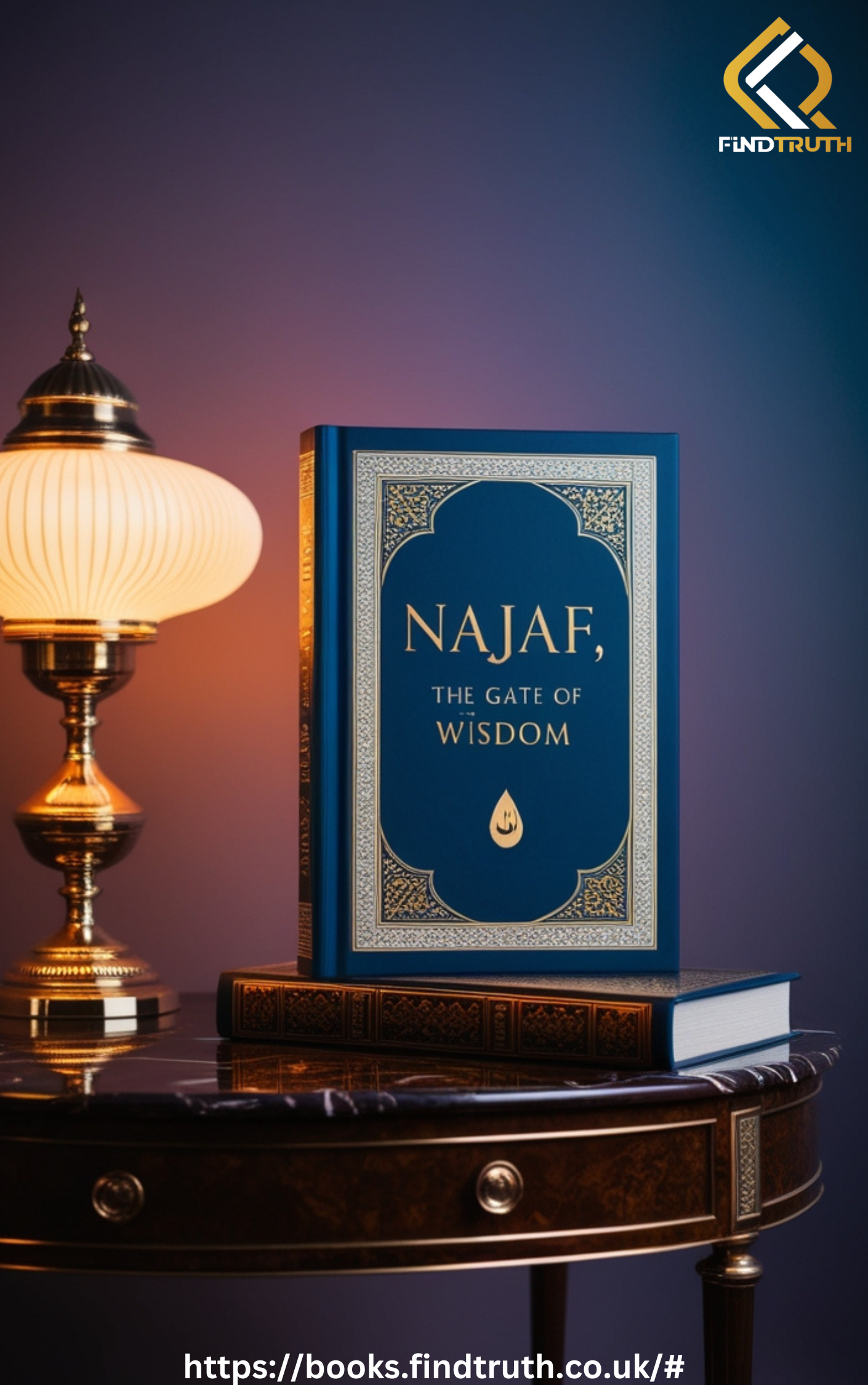
Najaf, the Gate of wisdom
Authors: Yasser Tabbaa , Sabrina Mervin
In Islamic Holy Places, Najaf (Iraq)
By Admin 4
Najaf, the Gate of Wisdom is a comprehensive look at the city of Najaf, renowned as the resting place of Imam Ali (a.s.), the first Imam in Shi'a Islam and cousin of the Prophet Muhammad (s.a.w.w.). This work explores the historical, religious, and spiritual significance of Najaf, highlighting its importance as a center of learning, wisdom, and pilgrimage.
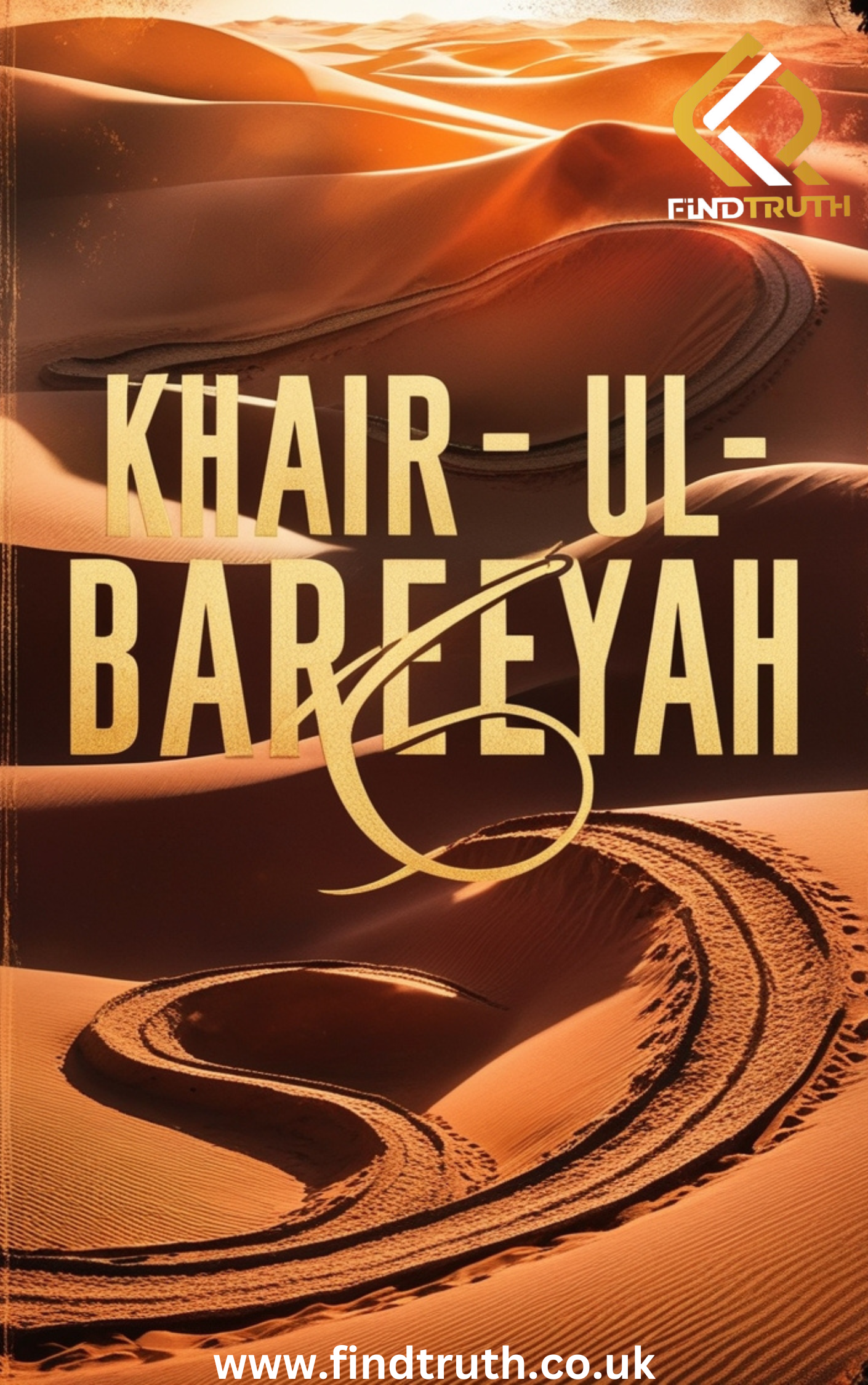
Khair-ul-Bareeyah
Authors: No Author
In Seerah (Life of the Prophet)
By Admin 4
Prophet Muhammad (s.a.w.w.) and, in Shi'a belief, to the Ahlul Bayt (the family of the Prophet). This work delves into the theological and historical significance of the title and explores how it has been interpreted through Quranic verses and prophetic traditions.
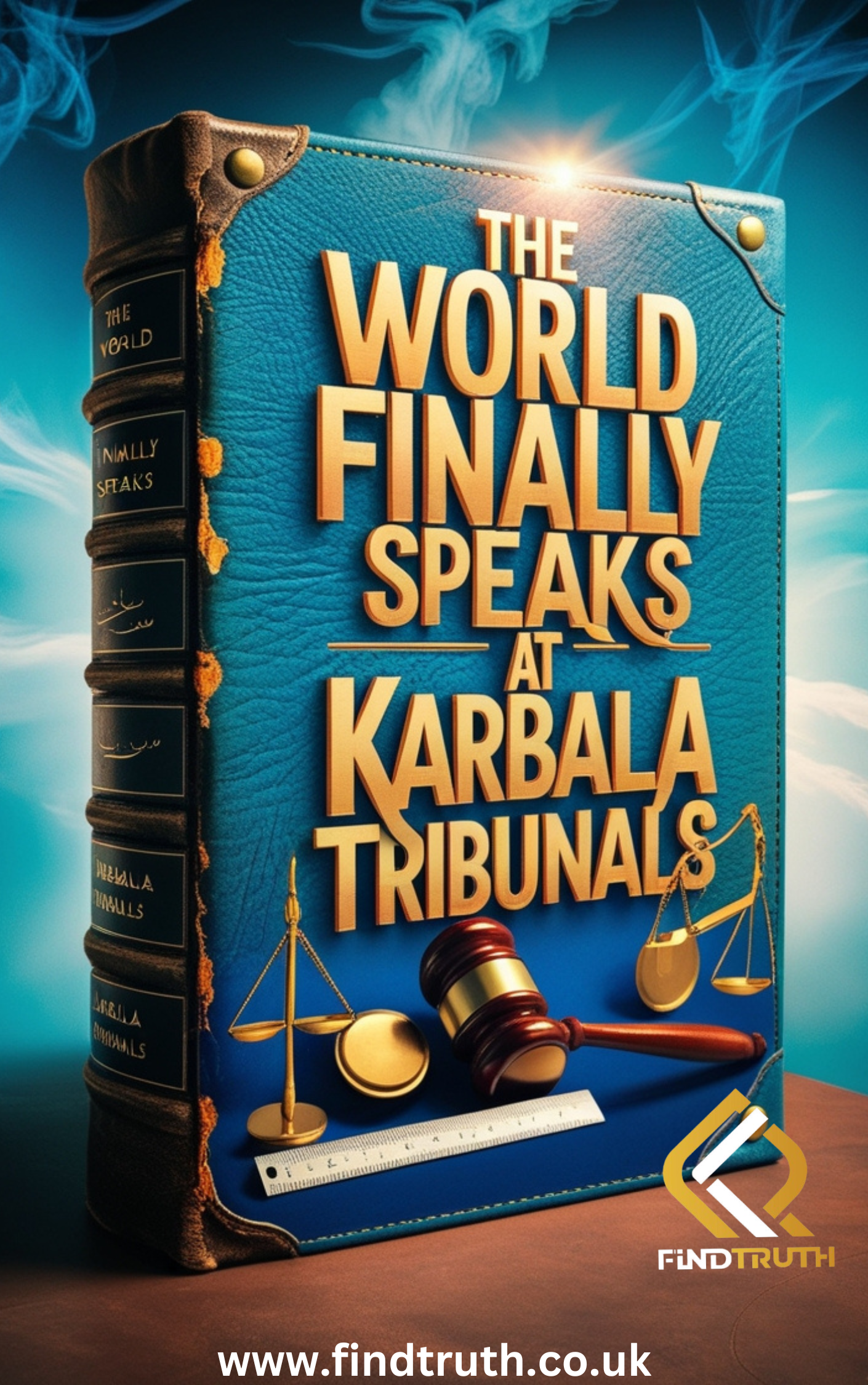
The World Finally Speaks at Karbala Tribunals
Authors: Dr. Hatem Abu Shahba
In Politics and Society, Life History of Martyrs of Karbala
By Admin 4
The World Finally Speaks at Karbala Tribunals explores a hypothetical or literary tribunal in which key historical figures are called to account for their roles in the events of Karbala, allowing modern perspectives on justice, morality, and truth to emerge from this critical episode in Islamic history.
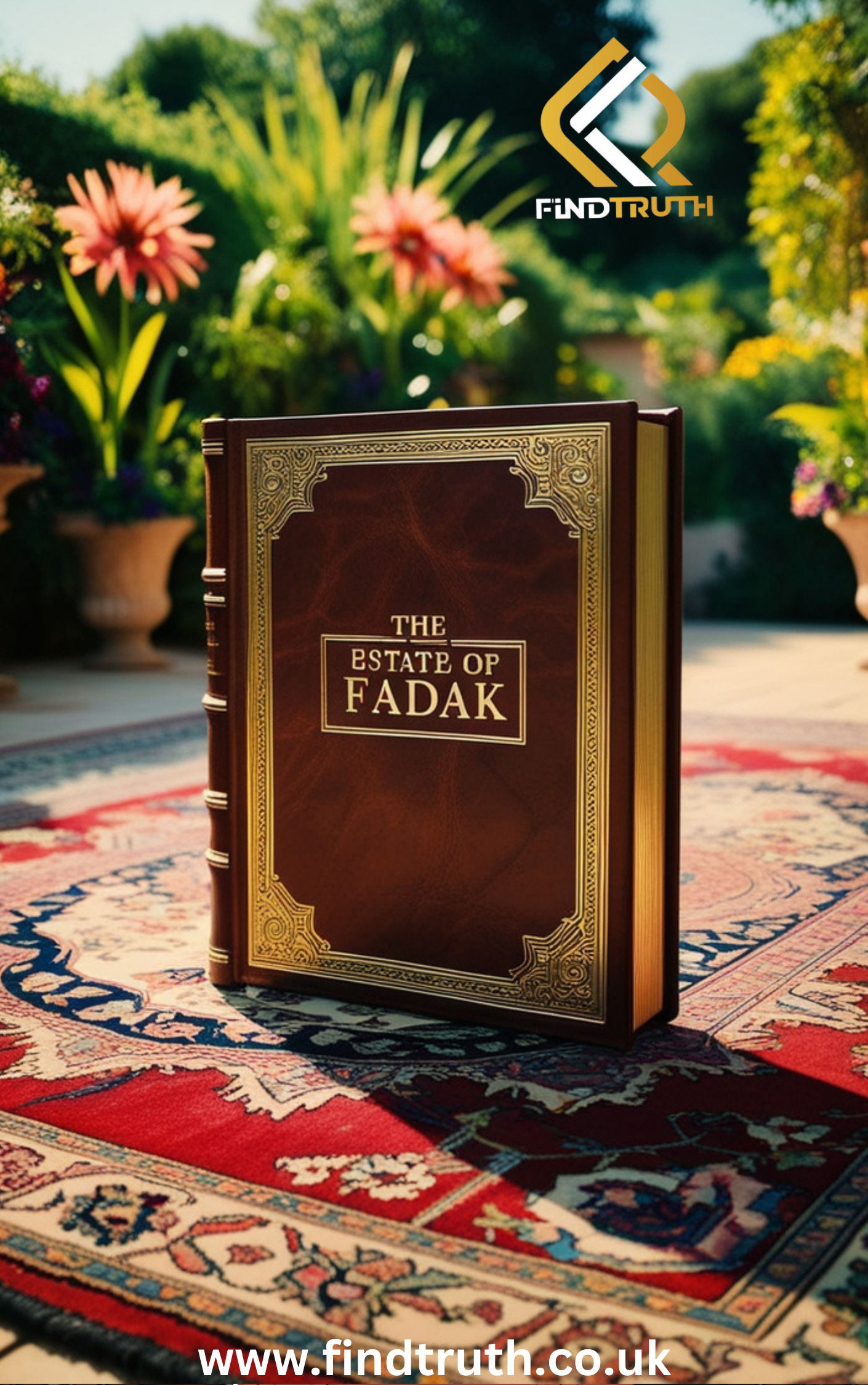
The Estate of Fadak
Authors: Mohamed Raza Dungersi
In Imamah and Wilayat (Divine Leadership), Tabarra (Disassociating from the Enemies of the Prophet and His Family)
By Admin 4
The Estate of Fadak: The Claim Vis-à-vis the Fadak Case delves into the historical and theological significance of the land of Fadak, which was granted to Fatimah (sa), the daughter of Prophet Muhammad (s.a.w.w.), and the subsequent disputes over its ownership following the Prophet's demise.
